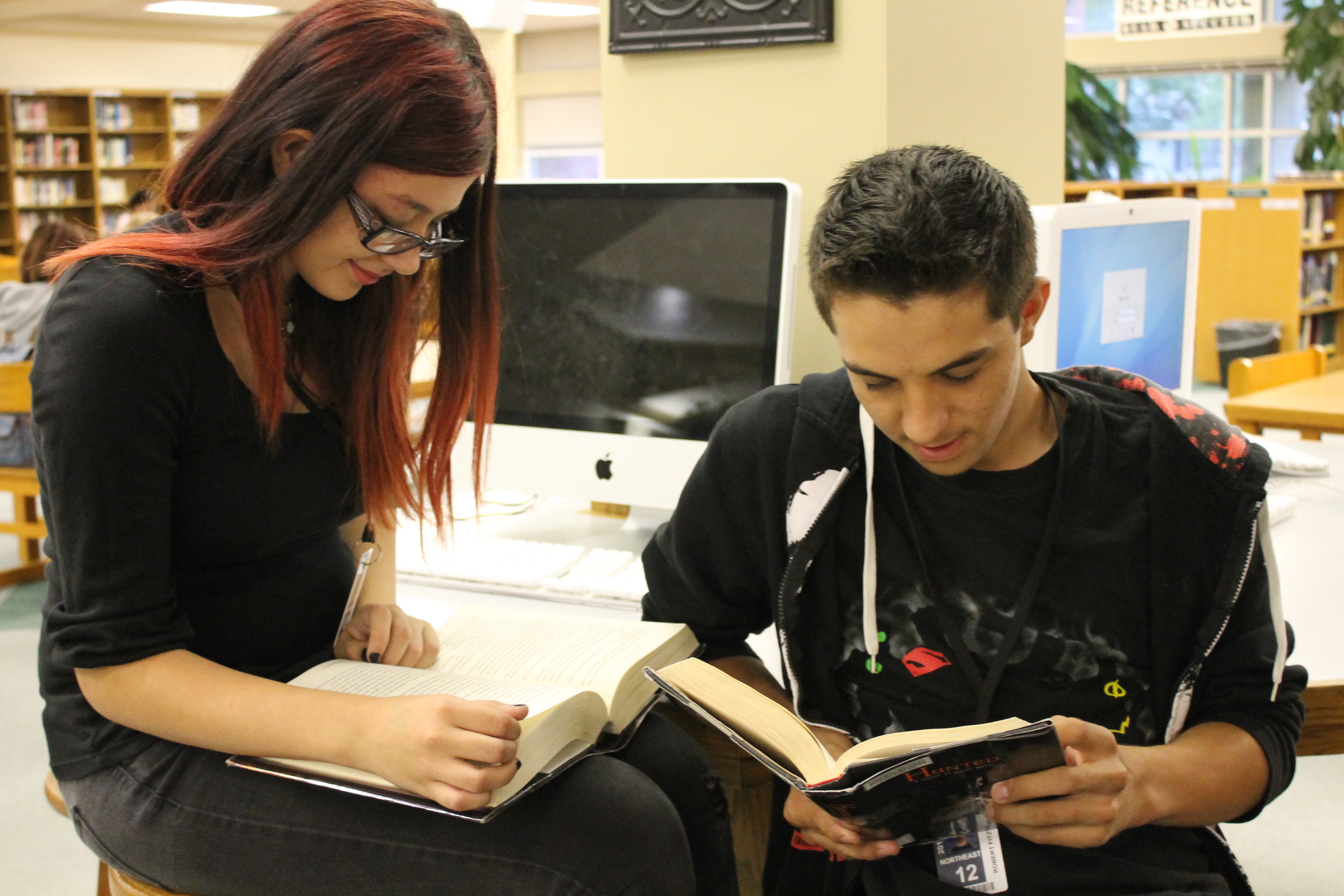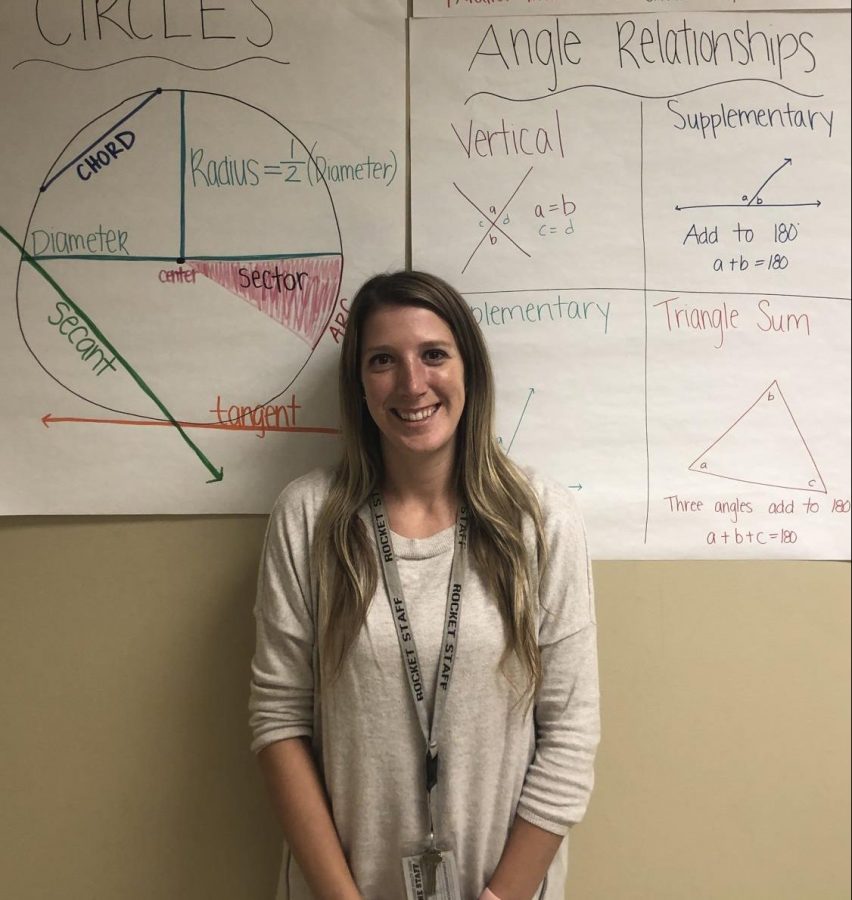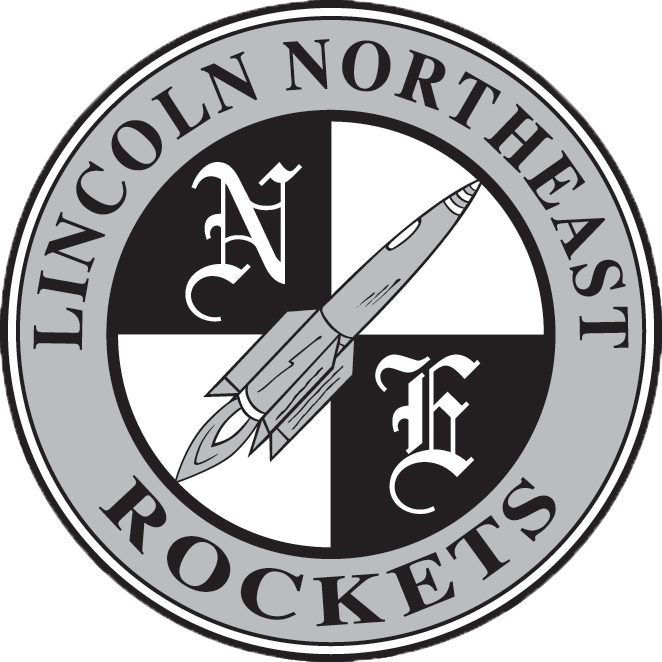Students who read books are very likely to expand their vocabulary immensely. Reading different types of books widens vocabulary for students and allows them to learn and understand new words.
Mrs. Sear, an english teacher at Northeast, says, “it’s like playing a sport or trying out for a play; it takes practice to get better.” It is harder for a beginning reader to figure out words that are not already part of their speaking (oral) vocabulary according to Reading Rockets. In my personal experiences, reading has helped me to grow my vocabulary. Mr. Reda, an english teacher at Northeast, says that “grade level reading probably does a little bit” with it. Books that match up with your reading level will definitely help you as you read. Sometimes, it just depends on what you are reading and the habits you make. According to Mr. Reda, at least 80% of his students use basic words in their essays. The other 20% use a variety of words. Of that 20%, about 2% use big words just to use them, without really understanding the meaning of the words. Mainly, the majority of students use basic words. Students “know more words than use them,” according to Mrs. Davis, an english teacher at Northeast.
Reading allows students to learn new words. According to Mrs. Davis, reading is “exposure to words, exposure to putting words in contexts, and thinking about connections.” The more you read, the more background information you receive. The more background information you receive, the easier it is to link connections to other things you have either heard or read about. “Everyone can benefit and improve their vocabulary,” says Mrs. Davis. In all of her classes, they can all improve their vocabulary. Reading can help students want to learn more although it is based on interests, according to Mr. Reda. Reading used to be for entertainment purposes. Nowadays, society wants an immediate “reward” for reading. Kids today follow society’s example, which doesn’t use high level vocabulary. The youth of today mirror how adults talk. If students have a larger vocabulary, they will have more confidence to talk in front of people. Vocabulary is one of the five pillars of reading comprehension as set forth in No Child Left Behind legislation, and vocabulary deficiencies are a primary cause of academic failure in grades 3 through 12, according to Vocabulary A-Z. This means that kids who don’t read at a young age are less likely to do in school.
According to Mr. Reda, “young adult lit doesn’t help with increasing vocabulary.” Some books are not good for some readers, such as “Tolkien wouldn’t be good for a seventh grade reading level.” Mr. Reda says that some writers that are good to read are Cormac McCarthy and John Steinbeck. Some books that would be good to read that would open vocabulary would be books approved by the school districts, non-fiction stories, Fallen Angels, A Dog’s Purpose and its sequels, Freedom Writers, etc, according to Mrs. Sear. Using background information to help connect kids to the texts helps get students to like and read books. Mrs. Sear says that it is getting “more difficult to get kids excited to read.” This could be because of the interests of students.
Reading different types of books widens vocabulary, allows for students to understand new words, and for students to find new books to read. In our society, we are more interested in our phones and abbreviations. We should put our phones down, pick up a real book, and read to expand our minds and our vocabulary.

















